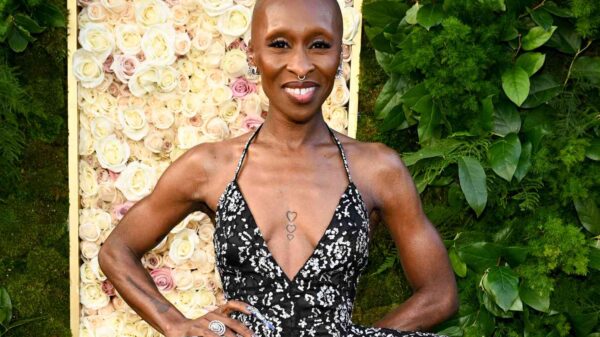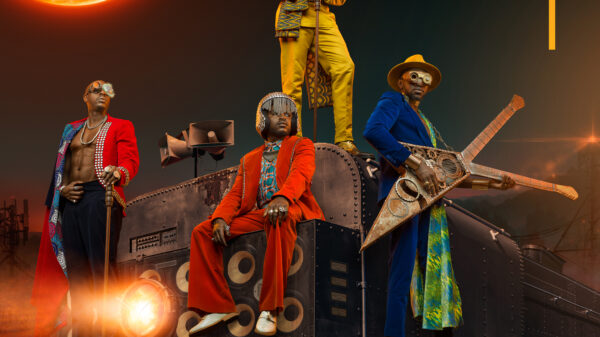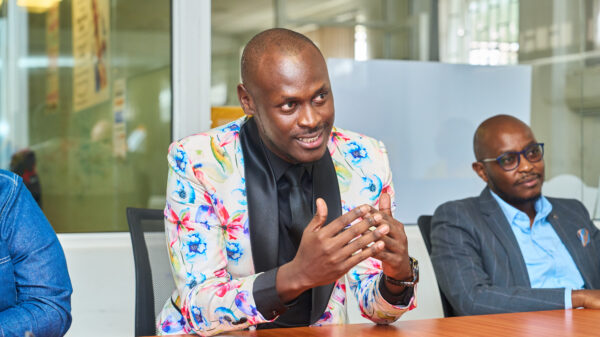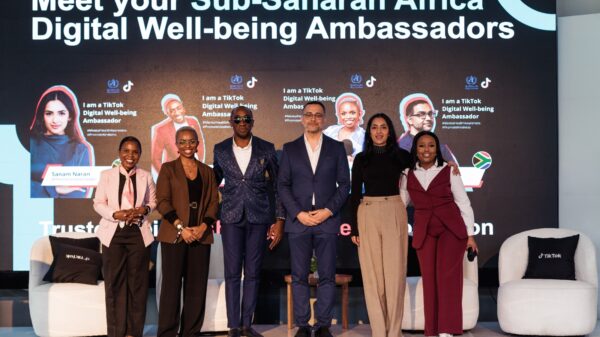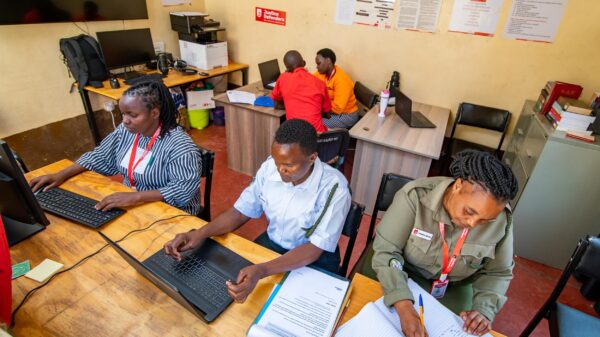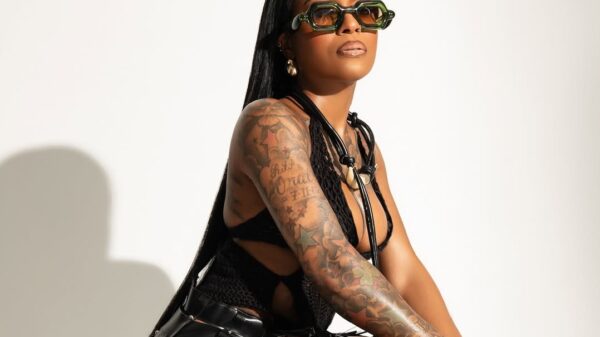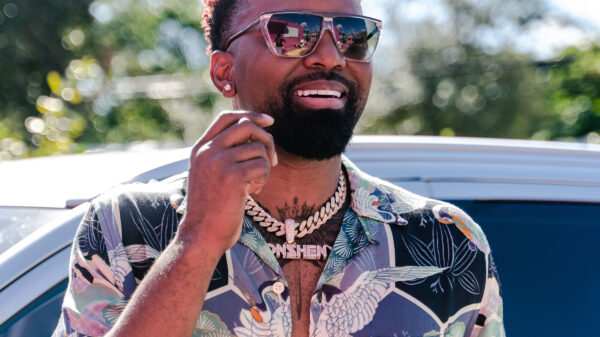Emmanuel “Point Blank” Evumbi is an artist, an entrepreneur, and a radio host! His career so far has been exciting and he brings a strong message to the table about how to craft your personal brand based on a missing link in the market.
If you are applying to animation jobs or illustration jobs in Nairobi, you need to read this interview.
Tell us about yourself. How did you get started on this career path?
Well everything started out right after finished my KCSE – I applied for my first job at Insyder Magazine as an illustrator, and I got the job. I went there to interview the day I got my KCSE paper, and then was told to start on Monday. I did that from when I was 19-20.
Then, I went to Shang Tao Media Arts College to get degree in 2D animation and illustration. I actually became a tutor in that college – really it was more or less a lecturer position but I don’t like using that word because it’s too high regard, let’s say. That was for 2 years and I taught at least 4 classes.
So between 20 and 22 I taught grownups how to make cartoons….I’m one of those lucky bastards that get their dream job every time haha.
After that, I wanted to improve on illustration work, so I joined Creative Art college for 3-4 months when another job opportunity showed up. Tiger Aspect from the UK contacted me – they set up their own branch in Nairobi called Tinga Tinga Tales and they wanted to have a show called Tinga Tinga on TV which would be broadcast locally for a year. So there were 45 of us and I did that for 2 years.
Next, I went back into radio for a year – I was a radio presenter on Ghetto Radio. Since then, I’ve gone back to animation and illustration. That has taken care of me the most.
Radio? How does that make sense with the illustration angle?
The radio aspect comes in to get people curious about what else I can do. People say to themselves – “Oh yea, he can voice a cartoon character by himself and also draw it.” So those two blend nicely.
Makes sense. So what would you say your major day to day activities are?
My day usually starts at 6am. I do some illustration for books I am working on, or do storyboarding for clients. 9am I get to the office. My company isn’t so big and we don’t have the capacity to do everything, so there are 2 companies working with us.
There is a 2D animation film right now that I’m storyboarding and making sure artists are doing what they are supposed to do. The animation includes illustration and sound so I need to make sure everything is done well. As a director, it’s more managing and making sure people make their mark. I don’t micromanage people’s work because if you box someone in so tightly, they won’t have any love for what they produce.
At 5, I make my way home, and from 7pm go back to illustrating my own comic pages.
I feel there is so much I would love to give the world, and until I get to the point where my company can hire more hands on deck, I need to make the sacrifice to get the work done.
How do you make sure to get things done?
I always remember that this is something I chose to do – I love this kind of stuff. If you love it, go ahead and do it.
Just sit down and do the work. I get motivation from the audience that appreciates the work I do and also it’s me pushing myself. You gotta give yourself deadlines to get anything done when you have that, it’s really good. I know sometimes I work really well under pressure. So I try to push myself every day like it’s D day. I am still figuring it out, but when I get that down, I’ll be perfect.
Sometimes people tell me I need to get a life, but whatever, I give myself a weekend to party like a rockstar. And then I get right back into accomplishing my deadlines.
What is the skill you need for this job that you can’t live without?
Well I’d say for illustration work, you need at least some training in traditional drawing. Because if anything, most of the people in this field haven’t studied to be story board artists. Yes, I did go to campus to see how to do story boarding, but I did excess work to figure out how people do it with cinema. If you don’t push yourself to get even better, you won’t succeed. But that formal education was good to get me more methodical about my art.
Everyone has their own signature style – from that, the market will put you in that box and ask you to keep repeating yourself.
So I decided that the most important thing for me is to have a flexible enough drawing style, so I can adapt to any style. It works to my favor because I have more ways to earn a living.
So there’s that. But also for entertainment – I like watching people to see how they do their thing and I borrow from that. I also did drama class in high school – so I took that and I ran with it. I just moved all that stuff I had studied before into something else that I now do professionally.
So what do you think about the Kenyan art scene?
With art, they expect a typical Kenyan artist to draw some weak-ass Picasso type impressionism stuff, or a herdsman with his cows looking at Kilimanjaro. I wonder if any artist in Maasai Market put a lion actually fighting with a Maasai in the field, if it would go really far. But no one is pushing that – they are sticking to traditional. That’s why I put myself through college to learn how to draw – to change the way Kenyan art looks.
What do you think it takes to be successful in the art world? Especially as an entrepreneur?
You know how you come across these talks with super wealthy or successful people – the theme they always talk about is finding a need in a particular market and making sure you’re the only person in the market that perfectly fits this need.
I realized that for most of these comic book illustrations in Kenya, it’s always the same jargon of sex-ed or education in general ie. drought, public health, etc.
But I read Marvel comics as a kid and I like seeing a guy punch through a wall. I loved that so I decided to do that. And no one else was doing it – So I think what it takes to be successful is looking to see what the missing link is in the market and how you can perfect that.
What are your biggest challenges with your role in this field?
Ah, yes the one challenge that psyches everyone out about getting into this industry…funds. WIthout funds, you can’t get anything to happen. When I opened the company, I wanted to issue a comic book monthly or bi-monthly and a graphic novel, but printing takes money. So the client work I’m doing right now is floating my other projects and I can work on my projects on the side.
The other challenge for me is getting people to understand who you are and where you’re going. Some reactions I had to pieces I proposed to local newspaper for comic strips was – “I don’t think our market would understand it…it’s too European or American.” You face a lot of challenges by an old guard that isn’t willing to compromise about what the new market could offer.
I mean yes, 90% of the country looks like 1964 – and holds up the mentality – “if it aint’ broke don’t fix it” – but as long as there are kids online who can find what I have to offer – I will work with them, not the unchanging and uncurious.
If you buckle to them, they win.
What skills did you have to learn when you took this job?
I’m still learning – when opening the company, the first thing I had to learn was the legal side. So I sat with professionals, accountants – anyone who I could take to. I’m a company owner, but I want to learn from a guy who has been around for 15 years. So I spend as much time around business owners as I can to see how they calculate their next move. Almost like military school – seeing how a general does something and then doing it yourself. I had to figure out how to be an owner of a company before I had any employees.
I would like to take classes in management but there isn’t any time to do that…for now.
What tech tools do you use on this job?
Oh yea – I’m big on Adobe Photoshop and Flash. I use Photoshop to do posters and use Flash to make animations come to life. I’m really on those 2 tools but also I like drawing my own stuff on paper and scanning.
What experience (professional or academic) best prepared you for this role?
I’d say the one thing that really prepares you is having the actual interest. For me, on this 12 inch black and white TV, I saw a character jump into the sky and I wondered to myself – how the hell did he do that?? You have to be able to ask – “Why” or “how.”
I’ve noticed something about my peers – everyone wants something to be handed to them. When they are handed things, they don’t push the limit. You need to develop a sense of curiosity for any field you go into.
Curiosity and endurance – I remember my dad said to me, the first few jobs – you will be used.
The trick is to learn something from the person you are working for so you aren’t used forever.
So once you have learned how to do the best job you can, say ok, I’ve learned everything and move on. You need to then get that kick to try your next thing. Some people want to be comfortable and get the paycheck. But for me, a legacy has to be left behind at some point. So I find a way to endure.
Find some ways to unwind – sometimes the work isn’t fun and you are trapped in a room for 2 hours figuring out how to get something on a page. I only drink when I’m happy – to celebrate. But I don’t make it a member of the family – the drinks just show up occasionally, like Christmas.

